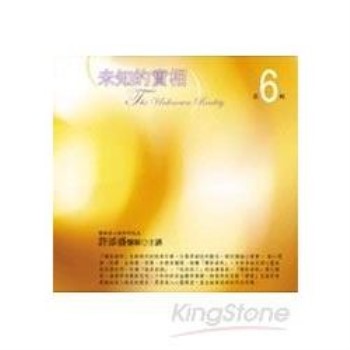After riding a stagecoach in Buffalo Bill’s Wild West show at Madison Square Garden in 1910, Princeton student Irving H. "Larry" Larom was determined to live a life in the West. Later that year, Larom made the first of four summer trips to Wyoming, where he was a guest at Jim McLaughlin’s Valley Ranch, nestled in a scenic valley in the upper South Fork of the Shoshone River. Larom became so enamored of the magnificent wilderness environment and the prospects of becoming a dude rancher that he abandoned his life as a New York socialite. Partnering with Brooks Brothers heir and Yale student Winthrop Brooks, he purchased Valley Ranch in 1915.
A welcome study of early dude ranch development, Dude Ranching in Yellowstone Country preserves the history of an important Wyoming ranch and the man who built it. W. Hudson Kensel recounts the life of Larom, whose East Coast connections to financial resources and wealthy guests enabled him to transform McLaughlin’s small homestead into a major tourist destination and prep school on the edge of Yellowstone National Park. The purchase of Valley Ranch coincided with the opening of Yellowstone to automobile traffic and the onset of World War I. Valley Ranch benefited as western parks and dude ranches became destinations for weary city dwellers and travelers looking for a vacation alternative to war-torn Europe. Besides making the ranch a success, Larom became a civic leader in Cody, Wyoming, a nationally recognized conservationist, and a founder and longtime president of the Dude Ranchers Association.
Kensel draws on Larom’s papers, local and national newspaper coverage, records of the ranch’s prep school, and memories of the citizens and pioneers of northwestern Wyoming to flesh out the story of Valley Ranch as a local and national institution with important influences on conservation, youth education, and the development of western tourism.












